Cameroon drops 'terror' case against Anglophone activists
Date 31.08.2017
In January, protesters rallied in Berlin against the oppression of the Anglophone minority in Cameroon
Cameroon's president has ordered a military court to halt its trial of Anglophone leaders to ease tensions with the country's minority English-speaking areas. The activists faced a possible death sentence if convicted.
President Paul Biya has issued a decree
dropping terror-related charges against Anglophone civil society leaders and several supporters who were jailed amid unrest months ago.
The leaders of the country's minority English-speaking communities - Felix Agbor Balla, Fontem Aforteka'a Neba and Paul Ayah Abine - were arrested late last year following demonstrations by English speakers calling for equal treatment in the majority French-speaking nation.
The men are expected to be released soon, according to one of their lawyers.
The men were being tried under anti-terrorism laws that were established to combat Islamist Boko Haram militants. They faced a possible death sentence if they had been convicted.
"This decision stems from the head of state's firm resolve to continuously explore ways and means to seeking a peaceful solution to crises," read a statement released by the secretary general of the presidency on Wednesday.
The case stoked tensions in the country's English-speaking northwest and southwest regions, fueling opposition to Biya's government. The move to end the trial followed a growing wave of pressure from church officials, diplomats and an online campaign demanding their release.
Read more:
Cameroonian kid beats internet ban to win coding competition
An opportunity for new dialogue
Local analysts say President Biya gave in to pressure and ordered the prisoners' release because English-speaking parents were determined to keep their children home from school until the charges were dropped.
Felix Gana has not sent his children to school since January. He told DW the leaders' release is a sign that the government is inclined to open up a dialogue with the minority group.
"It is a great step by the government to encourage dialogue, to see that there is peace, to see that the problems that the English-speaking part of Cameroon is raising will be solved. The children will go back to school. My kids will go back to school, so this is good news."
Bamenda-based businessman says he wants to see his relative Felix Agbor Balla released before he re-opens his business.
"Since [the government] says they have released our brothers, we want them to come. [Then] we will put the books outside and start selling again," he told DW.
However in a video shared after the release, some activists are asking President Biya to also pardon those who have fled the country and are currently in exile, as well as recall almost 5,000 soldiers which were deployed to English-speaking regions.
Yaounde-based human rights activist, Eric Fossung, says demilitarizing English speaking Cameroon is an important step towards reconciliation.
"If we are talking peace, then there is no need for the soldiers to be there. They have dropped charges against all those concerned with violence. We are Cameroonians and I don't think anybody has an interest that Cameroon should fall apart. Our main interest is that everybody should come on board and re-build Cameroon."
Crackdown in Anglophone areas
Amnesty International has welcomed the government's decision to drop the case, but said the Anglophone leaders shouldn't have been arrested in the first place for helping organize non-violent protests last year.
The government's reaction to the unrest has been to crack down on Anglophone regions. Internet connections in the areas were cut for three months, and earlier this week authorities announced a ban on broadcasts from a South Africa-based channel SCBC.
The English-speaking minority can be traced back to Cameroon's unique history. At the end of World War II, the one-time German colony was handed to France and Britain to run.
Read more:
After Namibia, could other former German colonies demand reparations?
During Cameroon's independence in the 1960s, the English-speaking voters opted to join Cameroon rather than neighboring Nigeria. The community has since said they've suffered discrimination.
rs/cmk (AP, AFP, Reuters)
Moki Edwin contributed to this report
Cameroon drops 'terror' case against Anglophone activists
 these Chinese are really taking over on my way to Uganda and they have a customer care centre and a cafe just for them in Ethiopia airport
these Chinese are really taking over on my way to Uganda and they have a customer care centre and a cafe just for them in Ethiopia airport these Chinese are really taking over on my way to Uganda and they have a customer care centre and a cafe just for them in Ethiopia airport
these Chinese are really taking over on my way to Uganda and they have a customer care centre and a cafe just for them in Ethiopia airportthese Chinese are really taking over on my way to Uganda and they have a customer care centre and a cafe just for them in Ethiopia airport
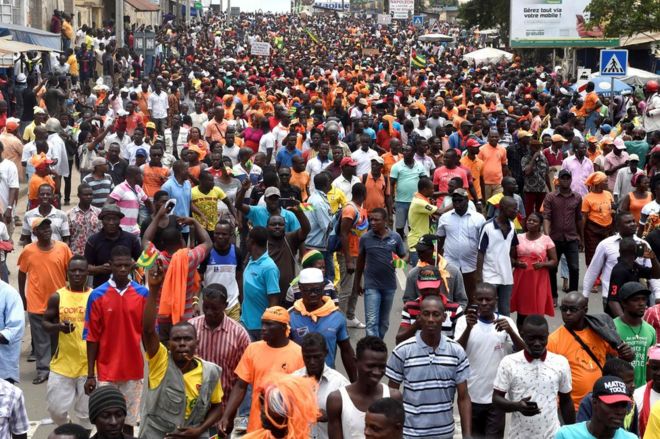
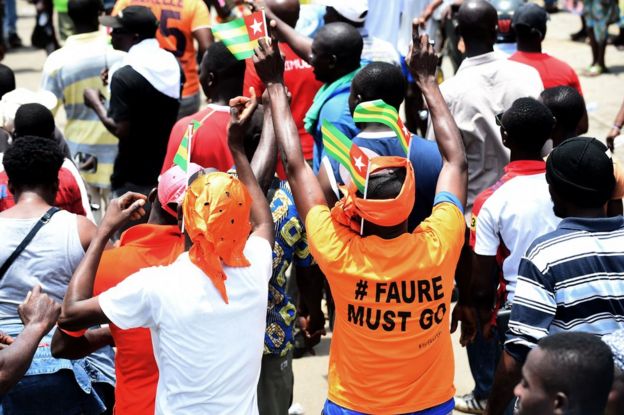
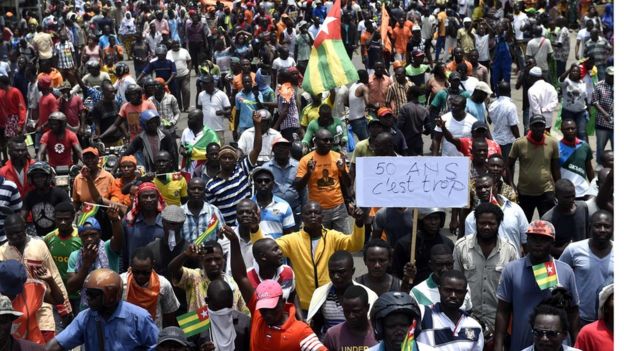
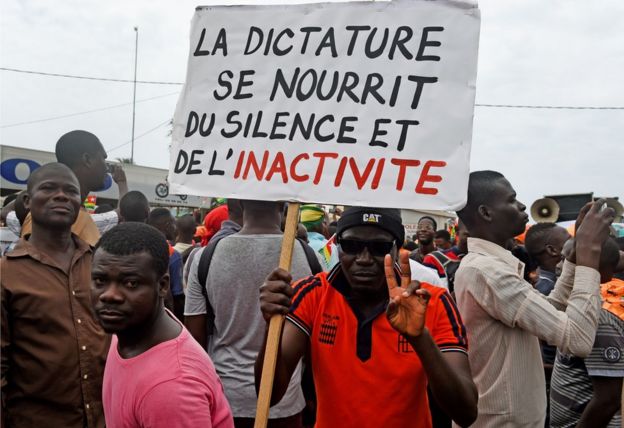





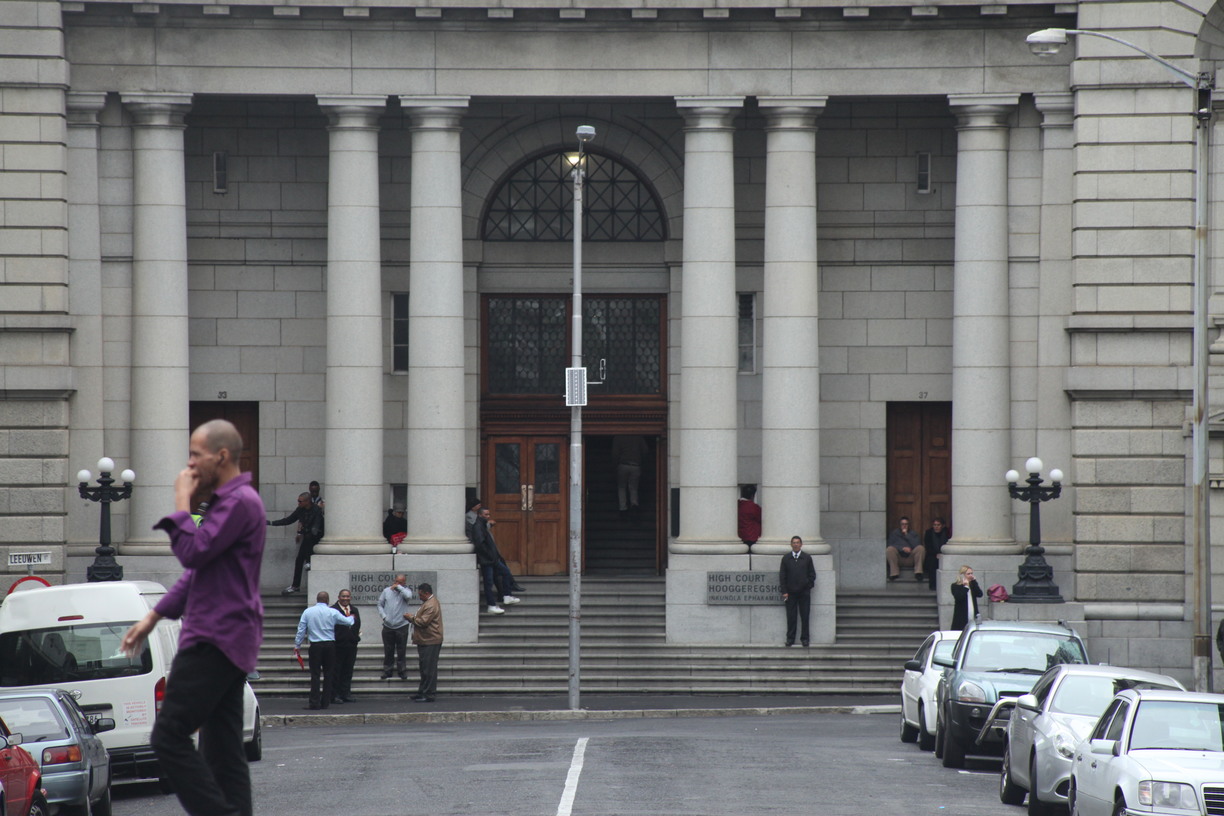
 to the rest of Africa.
to the rest of Africa.
